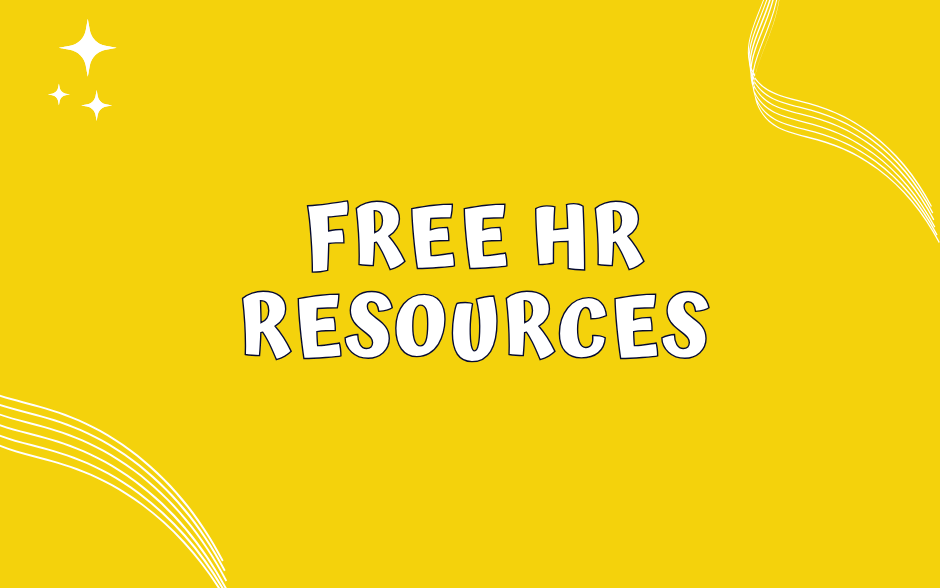How Presenteeism Affects Productivity and Mental Health

If the pandemic has taught us anything about work, it's that we don't need to be pulling long hours in an office to be productive. So, why is presenteeism still so important and what can we do about it?
At some point, all employees will encounter a mental or physical illness. And depending on the severity of it, they may need time off to fully recover. Yet, it’s very common for some employees to come to work despite being unwell. Whilst this might look like the sign of a dedicated employee, it does more harm than good to a business.
In 2022, a mental health report by Deloitte found that turnover, absenteeism, and presenteeism in the workplace cost the UK economy £53-56 billion last year. The main contributing factor to this figure is presenteeism, meaning there's an urgency for employers to act.
Is presenteeism linked to burnout?
The term ‘presenteeism’ was originally used to describe the issue of employees coming into work while not physically or mentally well, instead of staying at home and recuperating. While it might seem commendable for a dedicated employee to show up despite not feeling well, presenteeism can contribute significantly to burnout.
According to a survey by Totaljobs, as many as 45% of accountants feel pressure to work overtime, worrying their boss or colleagues might think they aren’t working hard enough if they leave on time.
We've long known presenteeism is problematic: it can cost a nation's economy tens of billions of pounds as sick people drag themselves into the office and infect others; it creates toxic environments that lead to overwork, as people putting in long hours adds pressure on everyone else to do the same.
Presenteeism and mental health
It’s important to consider the link between presenteeism and mental health. Employers must recognise the importance of working in good health and maintain this during work hours.
If not, the causes of presenteeism can lead to depression, anxiety, stress, and other mental health conditions. According to a CIPD report, 47% of employees surveyed continued to work despite their poor mental health and believed they’d benefit from time off.
As well as saving money in the short and long term, managing presenteeism can eliminate business impacts. Through this, you’ll be able to develop an engaging and healthy workforce. Presenteeism and productivity go hand in hand. If employees take time off when they need it, it saves businesses big costs in the long run.
Health Assured can help you prevent presenteeism at work
With adequate workplace support for mental health, presenteeism levels will decline. This is where an Employee Assistance Programme (EAP) comes in.
At Health Assured, we offer bespoke EAPs which provide wellbeing support, counselling, and financial information to support staff during tough times.
We’re pleased to announce that we are now a Verified Partner of Health Assured, the largest independent and award-winning provider of Employee Assistance Programmes in the UK and Ireland and this article has been provided by them. We can offer you the EAP at preferential rates, allowing you to better serve your employees, reduce staff turnover, and encourage a healthier, happier, and more productive workforce through tailored mental health services. To find out more, click here.






